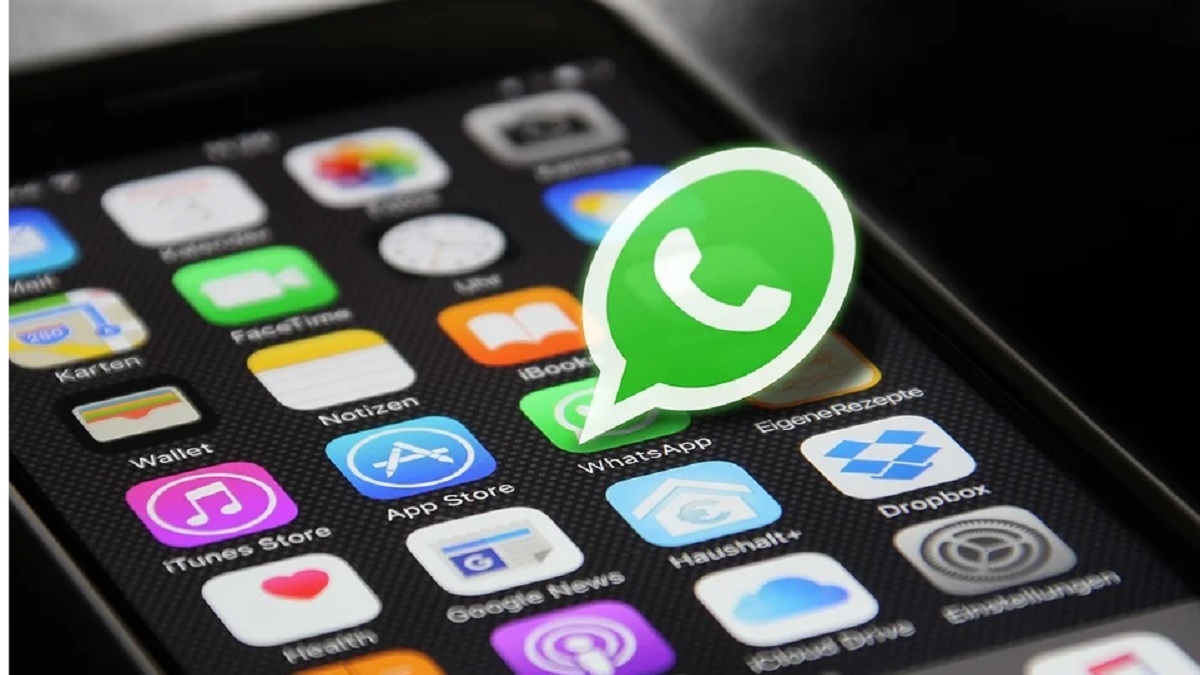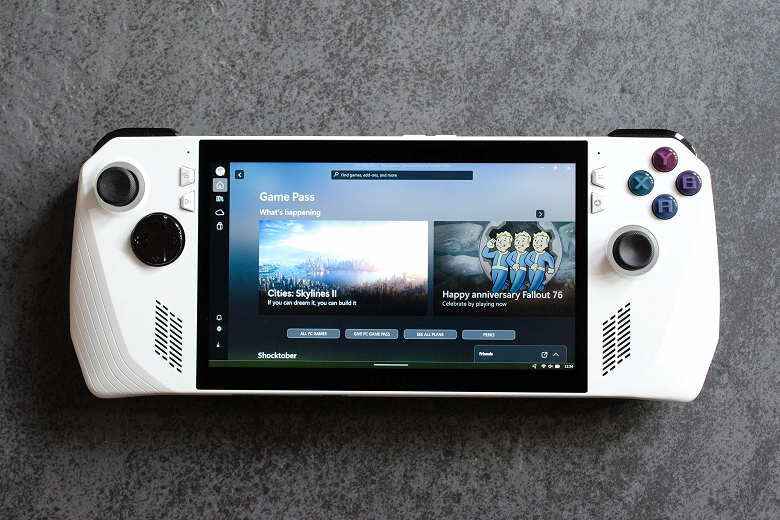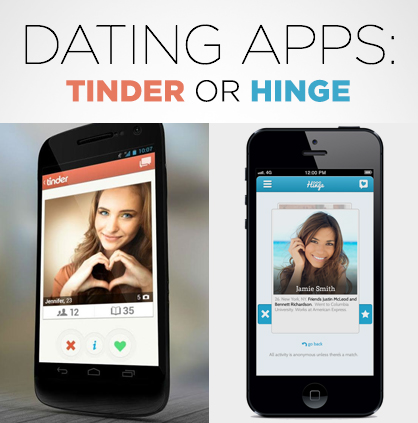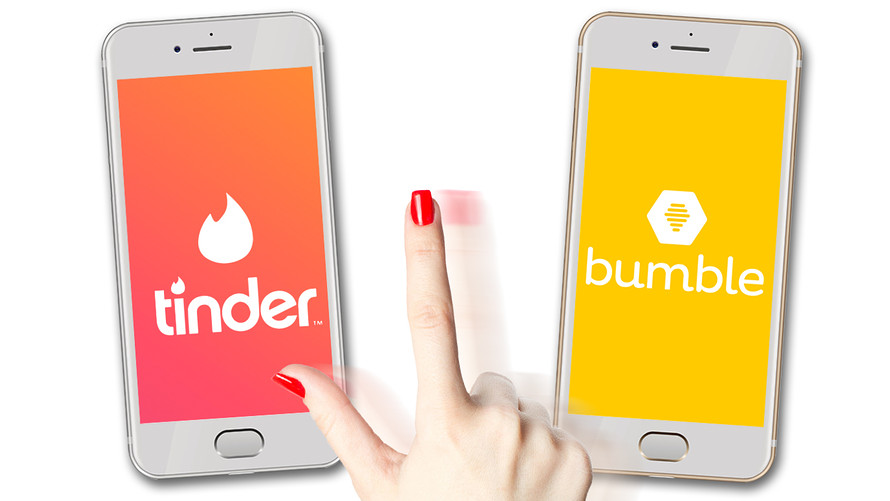Managing privacy on your smartphone is very important, but at the same time complicated. Here’s how to do it
Every time we install an app on our mobile phone we give up a piece, and sometimes quite big, of our privacy. But who do we give it to? Where does our personal data actually end up? Who is responsible for their safekeeping and correct use?
Answering these questions is not easy at all, not even for experts because behind the simple and daily gesture of installing and using a smartphone app there is a very complex data management. Which is not always the same, because not all apps collect the same data. There are apps that simply record our interests and then give us targeted advertising or offer products similar to our tastes (for example, the app of various e-commerce). There are apps that know exactly where we were a year ago and how long we have been there (for example Google Maps). What does the law say about all this?
App, privacy and GDPR
For some years now we can no longer speak of privacy without even saying an acronym: GDPR, that is General Data Protection Regulation, the new European regulation on the processing of personal data. The GDPR provides for the figure of the data controller, i.e. the person physically and legally responsible for the correct storage and correct use of our data. If someone steals our personal information and uses it in a way that is not in accordance with the law, then this person is in trouble.
When we use an app, however, things get complicated: each application is created by a developer, who often writes it on behalf of another company, and when we use it, the data also passes from the Internet through our subscription to home or mobile phone. Who is the data controller at each stage of this process? To tell the truth, there is still no answer: the GDPR has been in force since mid-2018, but its application is still very smoky. Many national privacy authorities have already spoken out, but not all opinions go in the same direction.
Apps and privacy: prudence is a must
Given the still unclear situation, and the still ineffective legislation, if we want to protect our privacy when we use the apps, much of the effort must be done by us. The first thing to do, even before installing the app, is to check on the store from which we are downloading who is the developer and which privacy policy applies. Then it is essential to read the list of authorizations required by the app because, if any requested permission is not immediately understandable, it is very likely that the application was written mainly to steal personal data from the smartphone of those who install it.
How to limit the sharing of personal data
You can limit the collection and sharing of your personal data, but it requires additional effort. First of all, it is recommended to read the app’s privacy policy carefully and have the courage to refuse it: if the app asks too much, let’s not install it. On smartphones with the latest operating systems, Android 10 and iOS 13, it is then possible to configure the way in which apps access our data. We can do this by changing the permissions, setting them all so that the app can access our data, our location, the camera, the microphone and Bluetooth only while we are using it and not even in the background.






